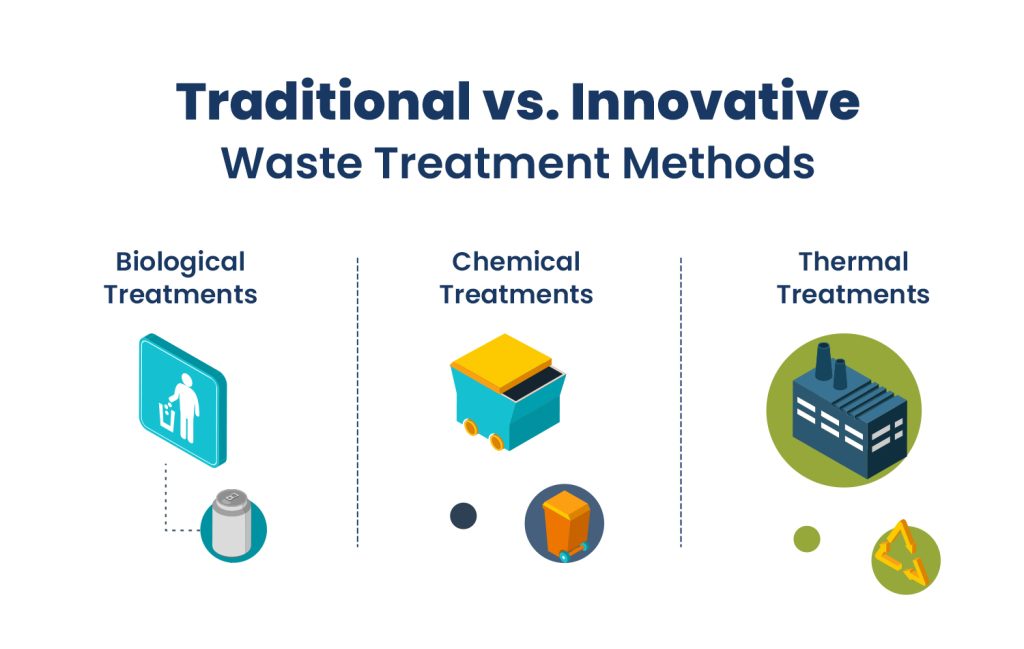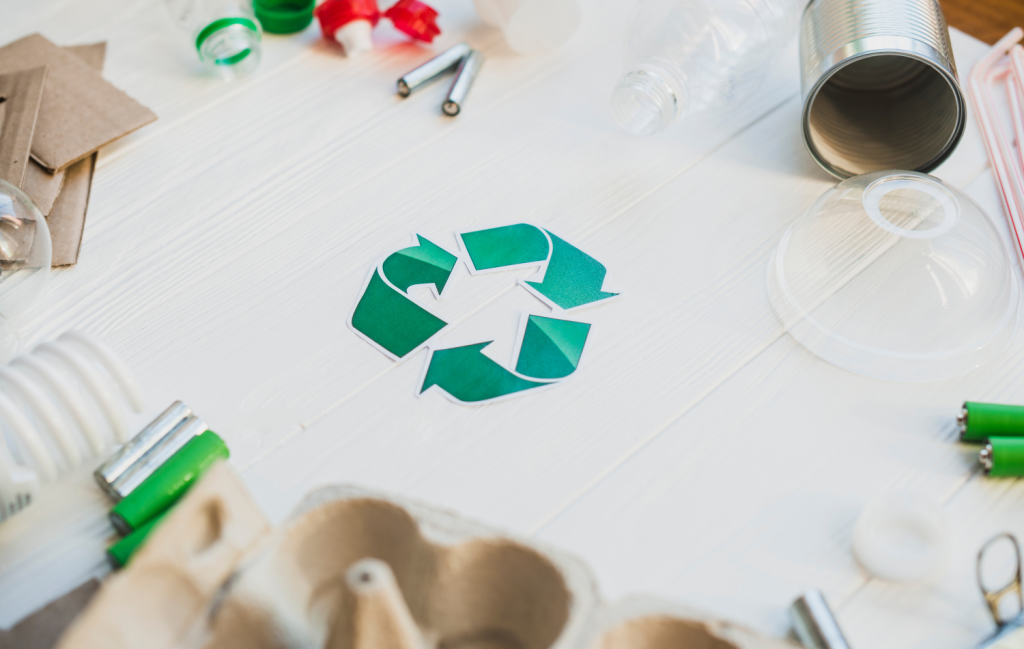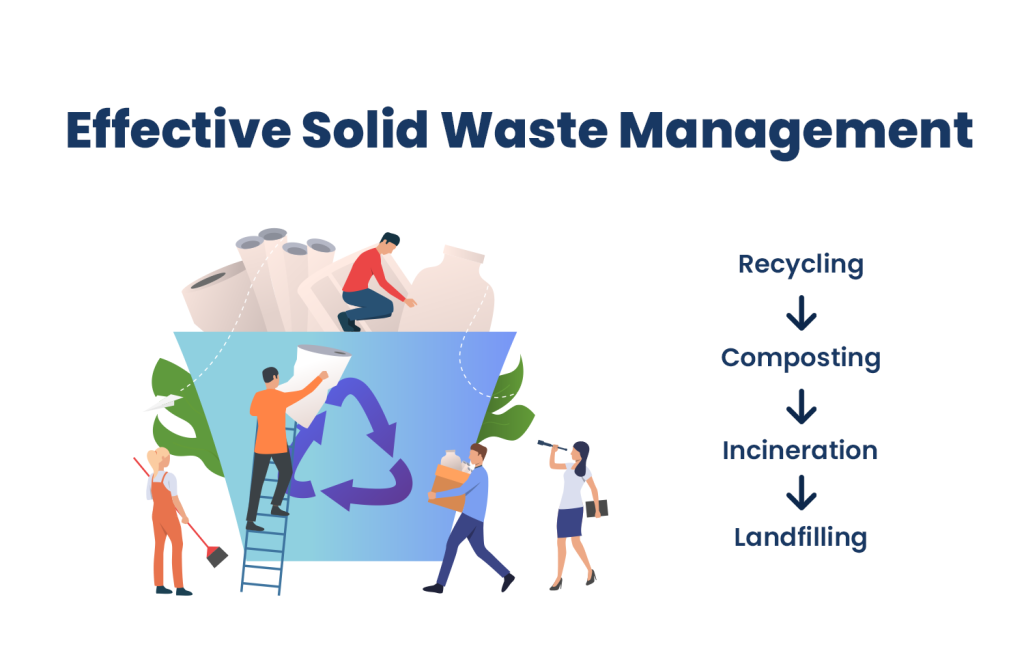The global increase in waste generation, driven by urbanization and industrial growth, necessitates effective waste treatment processes. In Africa, where urban centers are expanding rapidly and industrial activities are on the rise, the need for proper waste treatment is particularly urgent. Effective waste treatment is essential to mitigate environmental pollution, reduce landfill use, and recover valuable resources. Traditional methods often fall short in addressing the complexities of modern waste, highlighting the need for innovative approaches.
Innovative waste treatment processes incorporate advanced technologies and methods designed to improve efficiency, reduce environmental impact, and maximize resource recovery. These processes not only address the limitations of traditional methods but also offer scalable solutions for the diverse and growing waste streams produced today. In the African context, innovative waste treatment can transform waste management practices, bringing significant environmental, economic, and social benefits.

Traditional vs. Innovative Waste Treatment Methods
Traditional waste treatment methods, such as landfilling and basic incineration, focus primarily on waste disposal. These methods can be inefficient, environmentally damaging, and unsustainable in the long run. Landfills, for example, often lead to soil and water contamination and emit methane, a potent greenhouse gas. Basic incineration can produce harmful emissions if not properly managed.
In contrast, innovative methods employ advanced technologies and scientific principles to treat waste more effectively and sustainably. These methods are designed to minimize environmental impact, optimize resource recovery, and enhance overall efficiency.
Advantages of Innovative Processes
- Environmental Protection: Innovative processes significantly reduce emissions and pollution compared to traditional methods.
- Resource Recovery: Enhanced recycling and material recovery help conserve natural resources and reduce the need for raw materials.
- Economic Efficiency: Lower long-term costs through resource optimization and reduced reliance on landfills and raw material extraction.
- Scalability and Flexibility: These processes are adaptable to different waste types and volumes, making them suitable for diverse contexts, including urban and rural areas in Africa.
Types of Innovative Waste Treatment Processes
1. Biological Treatments
- Composting: A natural process that decomposes organic waste into nutrient-rich compost. It is a simple yet effective way to recycle organic materials. Composting can significantly reduce the volume of organic waste and improve soil fertility, benefiting agricultural activities in Africa.
- Anaerobic Digestion: Breaks down organic matter in the absence of oxygen, producing biogas (a renewable energy source) and digestate (a nutrient-rich fertilizer). This process can be particularly beneficial for managing agricultural and food waste, providing a source of renewable energy and organic fertilizer.
2. Chemical Treatments
- Neutralization: Involves adding chemicals to waste to neutralize harmful substances, making them safer for disposal or further treatment. This method is essential for treating industrial and hazardous waste, ensuring that harmful chemicals do not enter the environment.
- Oxidation: Uses oxidizing agents to break down complex waste molecules into simpler, less harmful substances. This method is particularly useful for treating hazardous waste and can help reduce the toxicity of industrial effluents.
3. Thermal Treatments
- Incineration: Burns waste at high temperatures to reduce its volume and generate energy. Modern incineration plants are equipped with advanced emission control systems, making them more environmentally friendly. This method can help reduce the volume of waste going to landfills and provide energy in the form of electricity or heat.
- Pyrolysis: Heats waste in the absence of oxygen, breaking it down into char, oil, and gas. These by-products can be used as fuels or raw materials for various industrial processes. Pyrolysis is particularly effective for managing plastic waste, converting it into useful products and reducing environmental pollution.
Case Studies of Successful Waste Treatment
Anaerobic Digestion in Kenya
Kenya utilizes anaerobic digestion extensively to treat organic waste, producing biogas used for electricity and heat generation. This process has significantly reduced landfill use and greenhouse gas emissions, providing a sustainable energy source and organic fertilizer for agriculture.
Pyrolysis Plants in Nigeria
Nigeria has implemented pyrolysis plants to manage plastic waste. These plants convert plastic into oil, which is then refined and used as an industrial fuel. This approach reduces reliance on fossil fuels, minimizes plastic pollution, and creates economic opportunities through the sale of pyrolysis oil.
Impact on Communities and Businesses
- Environmental Benefits: Reduced pollution and greenhouse gas emissions contribute to cleaner air and water, protecting ecosystems and public health.
- Economic Advantages: Lower waste management costs, creation of green jobs, and revenue from recovered materials and energy. These benefits are particularly important in African economies, where waste management can drive economic development and poverty reduction.
- Social Impact: Improved public health and enhanced community engagement in sustainable practices. Educating communities about the benefits of innovative waste treatment can foster a culture of sustainability and shared responsibility.
Implementing Waste Treatment Solutions - Steps to Adopt Innovative Waste Treatment Processes
- Assessment: Evaluate current waste management practices and identify areas for improvement. Conduct waste audits to understand the types and volumes of waste generated.
- Research: Explore available innovative waste treatment technologies and their suitability for specific waste types. Consider local conditions and the availability of resources.
- Planning: Develop a comprehensive waste treatment strategy, including goals, timelines, and budget considerations. Engage stakeholders, including government agencies, businesses, and communities.
- Implementation: Deploy chosen technologies, ensuring proper integration with existing systems. Train personnel and establish monitoring protocols.
- Monitoring: Continuously monitor performance and make adjustments to optimize efficiency and effectiveness. Regularly review and update the waste management plan.
Challenges and Considerations
Initial Investment: High upfront costs for advanced technologies can be a barrier. Explore funding opportunities and public-private partnerships to support investment.
Technical Expertise: Need for specialized knowledge and skills. Invest in training and capacity-building initiatives to develop local expertise.
Regulatory Compliance: Navigating complex environmental regulations and obtaining necessary permits. Work with regulatory bodies to ensure compliance and streamline the approval process.
Public Perception: Gaining community support and addressing potential concerns about new technologies. Engage with communities through awareness campaigns and participatory approaches.
Innovative waste treatment processes offer substantial benefits over traditional methods, including enhanced environmental protection, resource recovery, and economic efficiency. By adopting these advanced technologies, businesses and communities in Africa can significantly reduce their environmental footprint, improve public health, and contribute to sustainable development.
Explore Waste Treatment Solutions for Your Needs at KS Infosystems
KS Infosystems is dedicated to providing state-of-the-art waste treatment solutions tailored to your specific needs. Contact us today to learn how our innovative approaches can help you manage waste more effectively and sustainably, ensuring compliance with regulations and contributing to environmental conservation. Partner with KS Infosystems to make a positive impact on the environment and your community.



